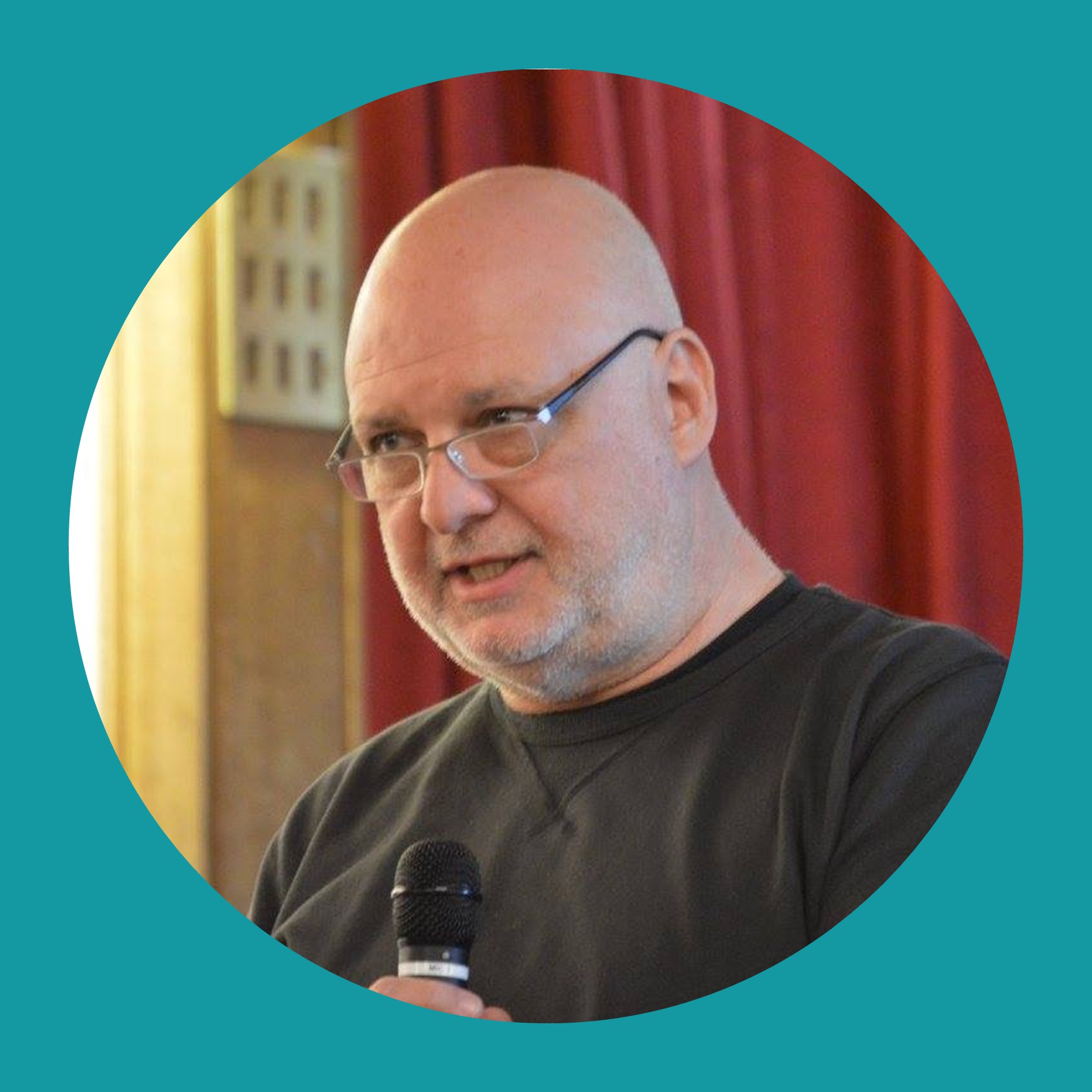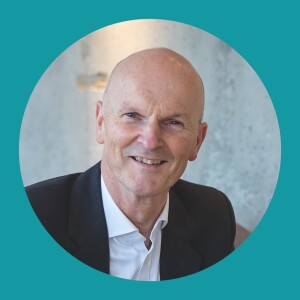
Mark Harrison, changing the things I cannot accept
 2020-10-22
2020-10-22
Mark Harrison is Director of consultancy Social Action Solutions, and Senior Research Fellow in Social Action at the University of Suffolk.
Mark became an academic “by accident”: he sees himself as a practitioner who took a detour into academia for 15 years. He was Director of the Centre for Social Action at the University of Nottingham, De Montfort University, Leicester and the University of East Anglia, Norwich before he was invited to become a Senior Research Fellow in social action at the University of Suffolk.
He has worked internationally, for example developing and managing a three-year deinstitutionalisation of childcare in Russia, Ukraine and Belarus for UNICEF, and managing a global disability research project for the Department for International Development. This snowballed from when Nottingham University hosted a group of academics from Vilnius in Lithuania at the behest of the British Council.
His most fulfilling assignments however date from the beginning of his career (late 70s, early 80s), working with disadvantaged young people. He found that many of them were becoming scapegoated and/or criminalised on account of their ethnicity, where they lived, or because of their class.
At that time, the conventional approaches in social work and probation were to either change their behaviour or remove them temporarily (outdoor pursuits) or permanently (prison) from their environment. Mark’s team decided to ask the young people what the problems were and why the problems existed. They then encouraged the young people to develop their own programmes and projects to effect change. They brought about changes in policing on their estate, and founded a youth club.
“Co-production” is the fashionable term for a lot of what Mark is involved in. It emerged from a critique of conventional engagement approaches, which often amount to little more than tokenism. He gives an example of co-production from an estate in Bradford where the young people stormed a Council regeneration meeting in order to protest at the proposed demolition of one-bedroom flats. Co-production critically involves valuing lived experience and a sharing of power between a community and the relevant authorities.
Mark highlights a number of obstacles to co-production evident in the UK: the reluctance of funding agencies to give grants to charities led by black or by disabled people; the prevalence of white people on professional bodies (including social work).
Mark believes that there is a systemic problem with the education, training, and management of professionals. They are taught that they are the experts and they are rewarded according to the things that they have done to communities rather than with communities. Mark believes that practice needs to be aligned with intention.
Mark believes that meaningful change doesn’t come from the top but from the collective action of ordinary people, who are determined and prepared to take the consequences. Often this means a collision between those people and the state, for example the abolition of slavery, women’s suffrage, and more recently climate change activism. Mark aims to help communities get in touch with the root causes of the issues they are facing, to acknowledge their own part in them, and ultimately to take responsibility.
During his early career Mark was inspired by the Brazilian educationalist Paulo Friere, author of the book ‘Pedagogy of the Oppressed.’ He would also recommend Mike Oliver’s on ‘The Individual and Social Models of Disability’, which has a relevance to understanding change beyond disability. At the top of his Twitter feed, Mark has a quote from Angela Davis which says “I am no longer accepting the things I cannot change, I am changing the things I cannot accept.”
His advice to his 20-year old self would be “trust in your instincts and in your judgement, trust other people (but also know when not to trust other people, because there are bad people in the world as well as good people), and give yourself a break.”
More Episodes
 2023-07-18
2023-07-18
 2023-06-21
2023-06-21
 2023-05-15
2023-05-15
 2022-10-20
2022-10-20
 2022-10-12
2022-10-12
 2022-05-12
2022-05-12
 2021-11-23
2021-11-23
 2021-09-02
2021-09-02
 2021-04-28
2021-04-28
Create your
podcast in
minutes
- Full-featured podcast site
- Unlimited storage and bandwidth
- Comprehensive podcast stats
- Distribute to Apple Podcasts, Spotify, and more
- Make money with your podcast
It is Free
- Privacy Policy
- Cookie Policy
- Terms of Use
- Consent Preferences
- Copyright © 2015-2024 Podbean.com





